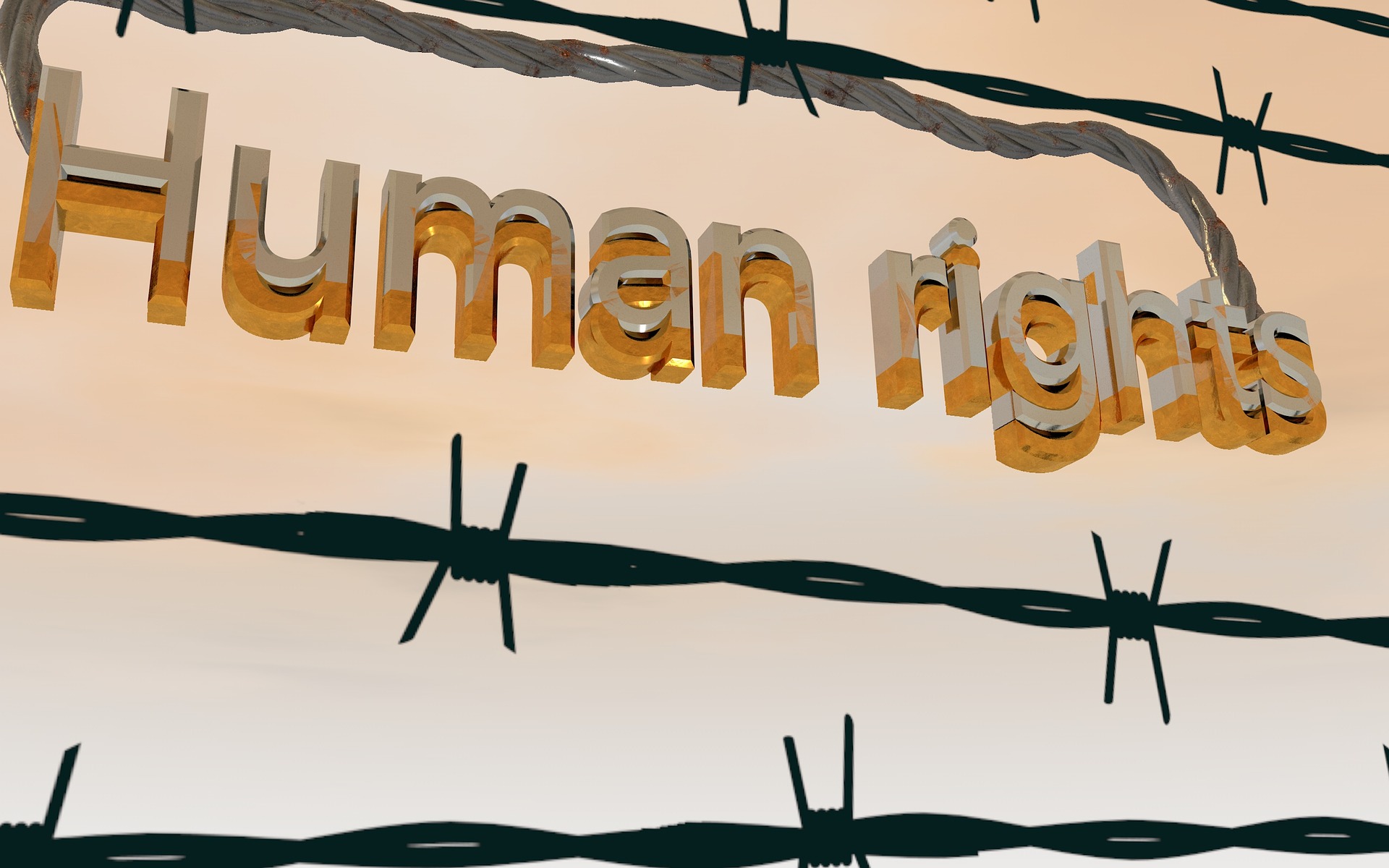2 Milestones Rwanda has made to promote zero discrimination
- March 2, 2023
- Africa / HIV/AIDS
- By The Bureau
- Read in French

Eight years since the launch of the world Zero Discrimination Day, civil society organisation have commended the government on the progress that has so far been made to ensure that more people enjoy their rights without discrimination.
Launched on March 1, 2014, the Zero Discrimination Day was originally established by the Joint United Nations Program on HIV/AIDS (UNAIDS) to highlight how people can become informed about HIV and be ambassadors that promote the rights of people living with the virus.
However, over the years, Zero Discrimination Day has become a global movement and a call to action for the eradication of discrimination in all forms as well as the promotion of tolerance and social inclusion.
This year, the day is being observed under the theme, “Save lives: Decriminalise”, to highlight how decriminalising key populations and people living with HIV saves lives and helps advance the end of the AIDS pandemic.
Reflecting on Zero Discrimination Day, the Executive Director of African Constituency Bureau for the Global Fund, Josephat Kakoma said that this is a time to celebrate what has been achieved in the fight against HIV and build momentum towards eradication the epidemic by 2030.
“Zero Discrimination Day is an opportunity to reflect on the significant progress that has been made with the HIV and AIDS response and how best to build momentum and accelerate the progress made. Although the number of new HIV infections has significantly declined and more people are receiving life-saving antiretroviral therapy, the HIV epidemic continues to grow in key populations. This day is a renewal of our call to all African governments to scale up programmes that provide enhanced access to HIV services for key populations without leaving anyone behind,” he said.
While individuals and organizations all over the world celebrate Zero Discrimination Day in many ways, today, we highlight some of the milestones Rwanda has made to combat discrimination and rising inequalities.
Decriminalising Sex Work
According to the Rwanda Biomedical Centre, an estimated 35.5% of women aged 15 and above, engaged in sex work in Rwanda have HIV. Additionally, female sex workers contribute up to 46 percent of new HIV infections while their clients could potentially contribute to 9-11% of new infections.
The Director of Community Outreach at Health Development Initiative (HDI), Jocelyne Ingabire says that it is such data driven evidence and advocacy work through combined efforts with civil society organisations and the government to recognise women engaged in sex-work as a key group in addressing HIV and to prioritize it in the country’s 2020-2024 National Strategic Plan on HIV and AIDS.
As a result, Ingabire says that prostitution was decriminalised, and all the prostitution related offences scrapped from the country’s 2018 revised Penal Code.
She pointed out that this milestone continues to play a significant role in the country’s journey towards achieving universal access to HIV and AIDS services and the aspiration to end the epidemic by 2030.
“Criminal laws targeting key populations not only increase the stigma that they face, but they also create barriers to the support and services they need to live healthy and fulfilling lives. Decriminalising sex work was a very important step and a critical element in the response HIV in a timely and inclusive manner,” she said.
Ingabire says that decriminalising prostitution has scaled up the number of sex workers that are currently seeking a complete HIV prevention and treatment package that includes counselling and risk assessment, HIV/STI testing and linkage to lifelong treatment among others.
“Through our work key populations, we acknowledge that although we still have a long way to go, scale-up of HIV prevention and care services, such as peer-led programming, access to condoms, outreach services, and linkage to HIV testing and care have improved,” she said.
The Executive Secretary of the Rwanda NGOs Forum on HIV/AIDS and Health Promotion, Nooliet Kabanyana says that decriminalisation of sex work has had an impactful effect in the prevention and treatment of HIV in Rwanda.
“Decriminalising sex work gives those involved in this trade an opportunity to work in a safe environment that reduces high-risk behaviour, increasing their ability to negotiate terms of safe sexual transactions such as condom use; and improves access to health services including HIV care,” she said.
Policy on Inclusion of People with Disabilities
In 2021, the government approved the National Policy of Persons with Disabilities and a four-year strategic plan running from 2021-2024.
The policy sought to promote the full inclusion and participation of Persons with Disabilities in all sectors of the Rwandan society, to address issues affecting them and promote an inclusive, barrier-free, and a rights-based society.
Reflecting on the approval of the policy, Member of Parliament Eugène Mussolini who represents People with Disabilities in the lower chamber of parliament previously said that the establishment of the policy gives People with Disabilities the dignity that most felt they didn’t have before.
“With the specific responsibilities each institution is tasked with, this will definitely help in categorising people with disabilities and knowing which ones need more support than others. I feel that we are going to see a shift because it is time for us to stop being treated as charity cases,” he said.
The policy sets clear guidelines for ten ministries, all civil society organisations, the media, and the National Institute of Statistics Rwanda (NISR) and calls for at least one focal person for disability in each of the institutions to liaise with the National Council for People with Disabilities (NCPD) on disability mainstreaming.
By Nasra Bishumba
Health Development Initiative


